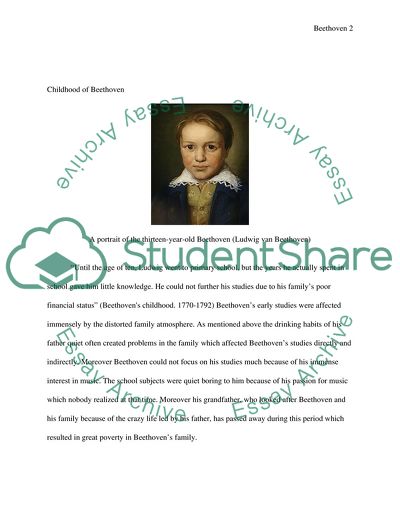Cite this document
(History of Beethoven Essay Example | Topics and Well Written Essays - 2500 words, n.d.)
History of Beethoven Essay Example | Topics and Well Written Essays - 2500 words. Retrieved from https://studentshare.org/music/1724352-history-of-beethoven
History of Beethoven Essay Example | Topics and Well Written Essays - 2500 words. Retrieved from https://studentshare.org/music/1724352-history-of-beethoven
(History of Beethoven Essay Example | Topics and Well Written Essays - 2500 Words)
History of Beethoven Essay Example | Topics and Well Written Essays - 2500 Words. https://studentshare.org/music/1724352-history-of-beethoven.
History of Beethoven Essay Example | Topics and Well Written Essays - 2500 Words. https://studentshare.org/music/1724352-history-of-beethoven.
“History of Beethoven Essay Example | Topics and Well Written Essays - 2500 Words”, n.d. https://studentshare.org/music/1724352-history-of-beethoven.


